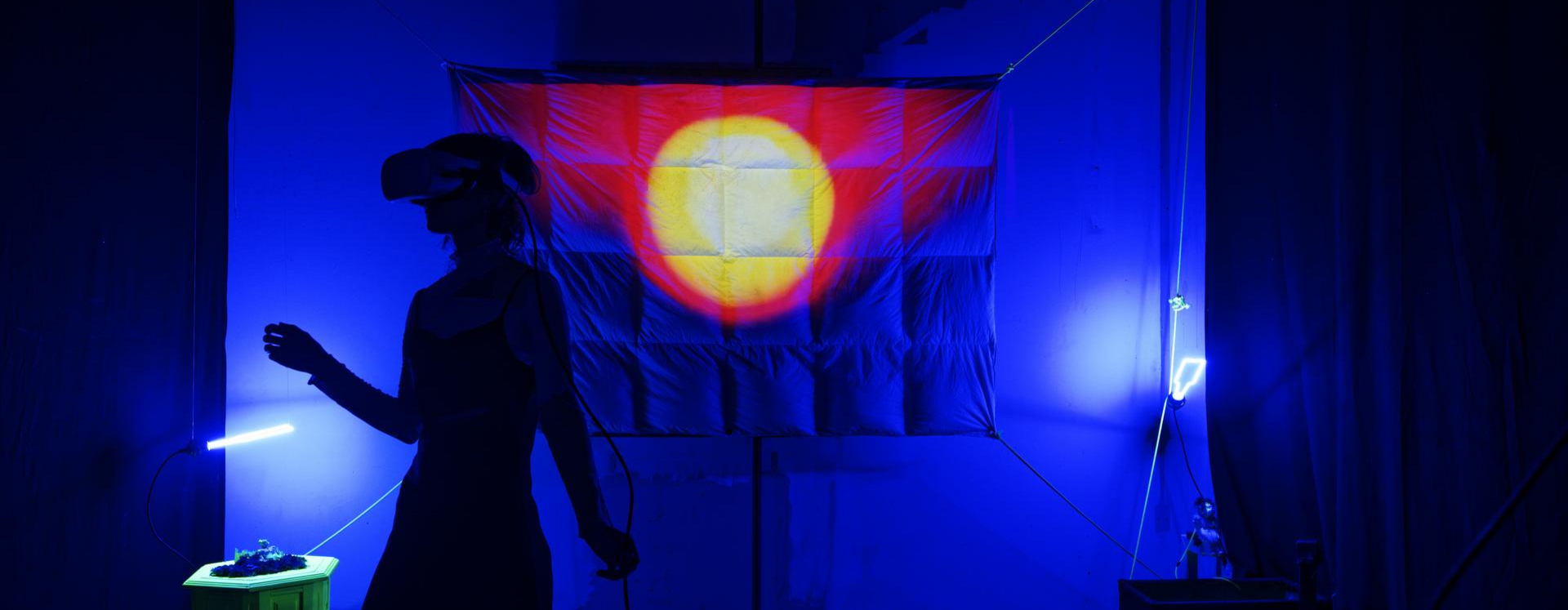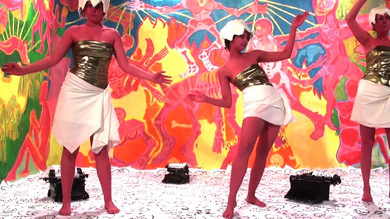Experiences and artificiality
The group of students that began the Master's Programme in January 2011 will graduate in 2013. In March and April, this class of 2013 followed the block Perspectives, in which national and international guests from different film and artistic backgrounds shared their aesthetic, cultural and socio-political perspectives with the students in a series of lectures and workshops. Among these:
• Filmmaker and writer Peter Delpeut on the role of space, time and action in art and film.
• Producer Bruno Felix and American filmmaker Tommy Pallotta on the advent of new cinematic spaces: internet and animation.
• Belgian playwright Paul Pourveur discussing the historical perspective on the different dramaturgical models, their assumptions about spectatorship and ‘the return of reality’.
• Composer Merlijn Twaalfhoven on the value of heterogeneity, uncertainty, doubt and action in the creative process.
• Professor Patricia Pisters on the relationship between the brain and digital media.
• Austrian editor and producer Wolfgang Widerhofer on the cinematic triangle between author, protagonist and spectator.
• Israeli documentary filmmaker Eyal Sivan on the political implications and historical context of the way we see, watch and observe as filmmakers.
Research by practice
Reinilde Jonkhout (1986), a 2009 Gerrit Rietveld Academy graduate, was one of the participating students. After the block, she and a couple of fellow students made the short film Holocaused by femalez - part I.
Experiences
In May and June, the block Perspectives was followed by the block Experiences. In this block, students were encouraged to reflect on their creative process using the experience of making and doing things. This took place in different workshops, which in a way were all about various processes of transformation – whether they dealt with acting, writing, mise-en-scène or sound; or with transmedia, found footage (and retelling stories) or the methodology of transforming abstract thought into concrete images. Reinilde Jonkhout looks back.
Mise-en-scène
"I don’t have a lot of film production experience and I was really excited about the opportunities this block offered to actually make stuff. In the workshop Mise-en-scène we were in a studio with filmmaker Nanouk Leopold and cameraman Jaap Veldhoen. We had all prepared a short scene and worked together to shoot it. There was a lot of energy and commitment in this collaborative research. We created scenes, investigating the influence of positioning actors towards lights and camera and assessing the effect of their actions and movements. It was not about results, but rather about research, observation and collaboration. After two days we had very different takes of the same scene, showing how the meaning of a scene changes when you change the mise-en-scène. A week later, we took the scenes to a workshop with composer and sound designer Michel Schöpping. He showed us why it is essential to think about sound before making any decisions in the mise-en-scène. Even the simplest scene has its own complexity, especially when it involves any kind of movement by people or the camera. I learned a lot, both from the guest lecturers and from my fellow students, who are more experienced in film making than me.
Choices
I derived a great deal of inspiration from Russian film director Sergei Loznitsa and his almost scientific way of justifying each and every decision he makes. His radical approach, rooted in the Russian formalist tradition, allows him to be very specific and to control every single frame. I don’t have a strong affinity with his highly numerical approach, but he showed me the necessity of viewing each choice as an explicit, well-elaborated decision, while simultaneously maintaining the overall overview.
Artificiality
The focus in my research is artificiality. When I make a documentary film, I make a film about the limitations of this medium. Can I show and represent someone’s identity and, if so, how? When does a person look natural and when does he look artificial? How could I constitute or justify any wish to work true to nature? I have been trying to write about these questions. The writing workshop with Maya Rasker on transformation techniques helped me improve the texts I wrote: by writing letters to others, I learned to look at these questions from different perspectives and get to the core. The combination of actually writing, shooting, editing and mixing Holocaused by femalez helped me a lot."
July 2011
Reinilde Jonkhout
See Reinilde's profile


